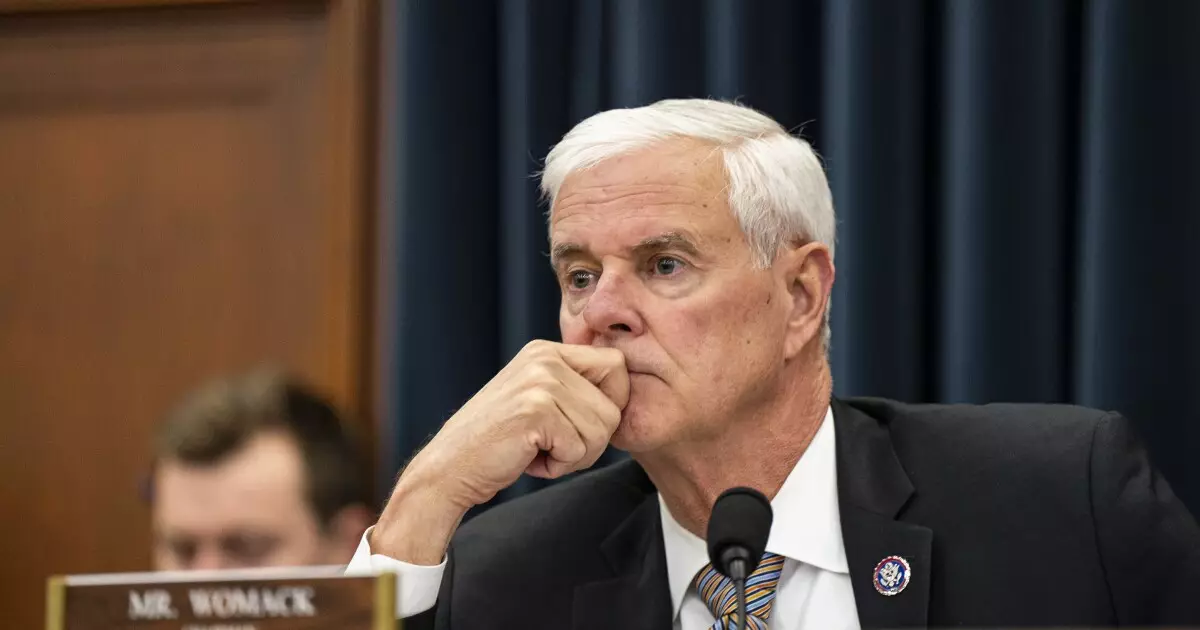Transportation Secretary Pete Buttigieg recently appeared before the House Appropriations Subcommittee on Transportation, Housing, and Urban Development to discuss President Biden’s fiscal 2025 transportation request. The $146 billion spending proposal includes funding for critical infrastructure projects, such as roads, bridges, and rail systems.
One key priority outlined by Buttigieg is the need to prevent collapses like the Francis Scott Key Bridge in Baltimore. This incident highlights the dire state of America’s infrastructure and the urgency of investing in its repair and maintenance. The administration’s goal is to ensure that such disasters do not occur in the future by allocating resources to address structural deficiencies.
In addition to shoring up existing infrastructure, Buttigieg emphasized the importance of supporting “massive and forward-thinking” projects, such as high-speed rail. These initiatives, like the Brightline West high-speed project, represent a vision of a modern and efficient transportation system that can benefit the lives of Americans.
During the hearing, Buttigieg discussed the challenges faced by projects like California’s struggling high-speed rail system. He acknowledged the complexity of the right-of-way access for such projects, which can impact the timeline for completion. Despite these challenges, the administration remains committed to investing in high-speed rail and transit projects to expand transportation options for the public.
Rep. Steve Womack, the new subcommittee chair, highlighted the importance of oversight and ensuring that federal funds are allocated effectively. The Infrastructure Investment and Jobs Act provides significant funding for transportation projects, and it is essential to ensure that these resources are used efficiently.
Womack emphasized the need for strong oversight to ensure that states and localities get the most value from federal investments. He also stressed the importance of enabling smaller and rural communities to compete for funding opportunities, ensuring that transportation improvements reach all parts of the country.
In response to concerns about funding allocation, Buttigieg assured lawmakers that the Department of Transportation is working to simplify the application process for funding. This will help smaller cities and towns access the resources they need to improve their transportation infrastructure and enhance connectivity.
One of the challenges raised during the hearing was the potential strain on the Federal Transit Administration’s Capital Investment Grants program. With a pipeline of projects totaling $20 billion in federal commitments over the next decade, there are concerns about the sustainability of these funding obligations.
Buttigieg acknowledged the need to balance funding commitments with budget constraints, noting that any delays in payments could increase the overall costs of projects. It is crucial to manage these financial challenges effectively to ensure that transit projects are completed on time and within budget.
As Buttigieg prepares to testify on the president’s budget request before the Senate Appropriations Subcommittee on Transportation and Housing, it is clear that addressing America’s transportation needs will require strategic planning and effective resource allocation. By prioritizing critical infrastructure improvements and supporting innovative projects, the administration aims to create a more efficient and sustainable transportation system for all Americans.

